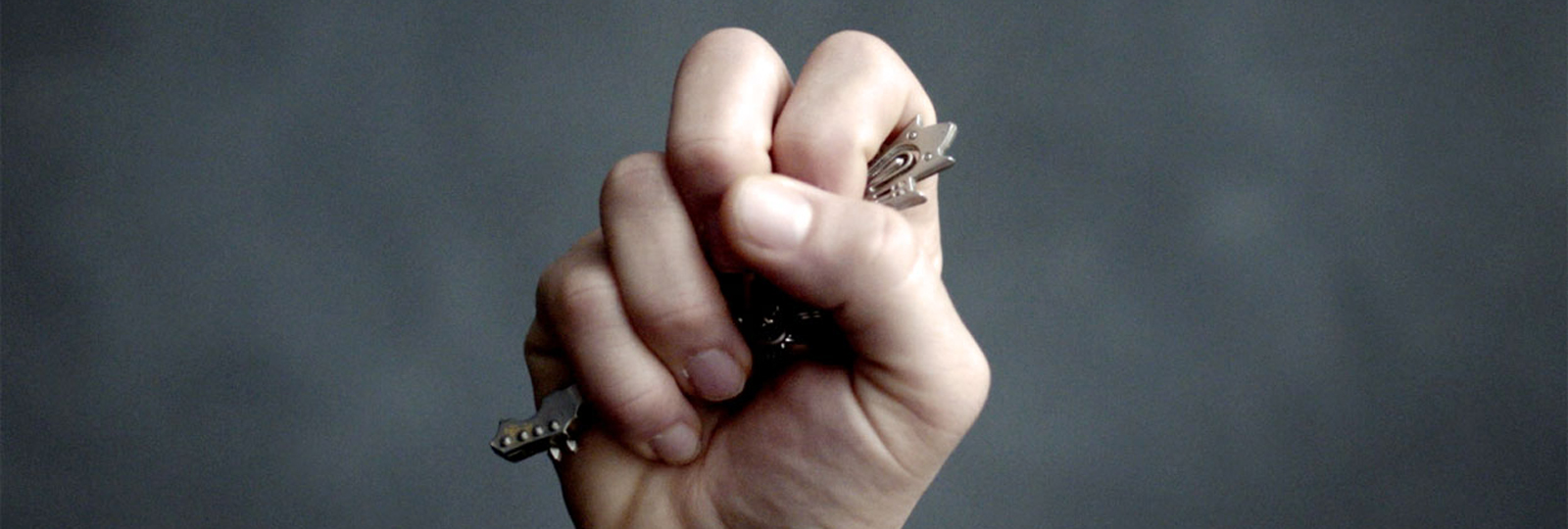
Keys of hope
Millions of refugees have fled the country and settled in neighbouring countries such as Jordan, Lebanon and Turkey. Others have made the dangerous journey to Europe.
They have left behind their jobs, families, friends and their homes. The only thing they carry with them is their keys. The keys to their homes and the memories they have left behind.
Caritas Germany created the “Keys of Hope” campaign to highlight the challenges faced by refugees.
“Keys of Hope” sends a powerful message. Behind every key there is a human being and each one of them has a personal story to tell.
The interviews were conducted by Caritas Germany in a hostel run by the Malteser Hifsdienst in Hamburg and in a refugee camp in Sid on the border of Serbia and Croatia. To protect the identity of the refugees and their families their original names have been changed.
Caritas has played an important role supporting refugees as they travelled through the Balkan countries in search of a new life that promised security and dignity in Europe.
Caritas organisations from Greece, Austria, Serbia, Croatia, Hungary, France and Italy have supported Syrian migrants as they sought to make their way across Europe and find sanctuary. Borders have been closed, controls have tightened and many are still struggling to rebuild their lives.
The UN refugee agency UNHCR says persecution, conflict and poverty forced more than one million people to flee to Europe in 2015. Half those crossing the Mediterranean Sea in 2015 were Syrians escaping war.
In June the UN agency said there were 4.8 million Syrian refugees but expects millions more to be displaced by the ongoing conflict in 2016.
Yusuf
‘Yusuf ‘is a 33-year-old father of two from Homs. He fights back tears as he speaks of his family and the home he has left behind.
“My wife was pregnant in this house. My whole life is in this home. It is not easy to leave your family alone in this civil war,” says ‘Yusuf’.
“I have a daughter she’s 12 years-old and an 11-year- old son. This is painful when you are away and you can just see (their) faces without touching them.”
Ola
‘Ola’ is a 24-year-old woman from Homs. She is proud to carry the keys to her home but doesn’t know when she will ever see it again.
“It reminds me of everything of my life, when it was good and there were no dangers, when I was very happy,” ‘Ola’ says. “Now it is nothing because there is no home.”
Ola and her family fled to Jordan and then went to Iraq where they stayed for three years. They felt unsafe there and fled again.
“There were people who could kidnap. We were scared that they would take my father so we went to Turkey and then from Turkey to Greece.
“I love Syria and Iraq. I hope it will be safe but I don’t think it will be soon.”
Bacel
‘Bacel’ is 24, he lived with his parents, two brothers and a sister in Homs. He longs for the warmth of his family and the love he left behind.
“Whenever I opened the door I felt that warmth. I got home to see my mum. Sometimes I came home at 2 o’clock in the morning and she was awake and still waiting up for me. She would say to me ‘Do you want to eat?’ I would say ‘No’ and ok then she could sleep.”
Bacel decided to leave his family in Syria in search of a better future in Europe. It was a treacherous journey.
“On the first try, the boat was destroyed by rocks and we swam back to the beach. Then we tried again after five hours. We started swimming, helping each other. For those who couldn’t swim we dragged them. I risked my whole life for this.”
“Nobody cannot miss his home. The home is the warmest thing I have ever had.”




